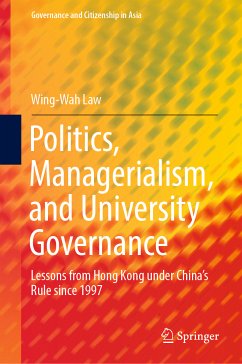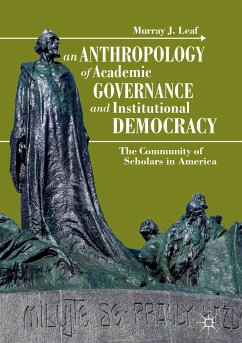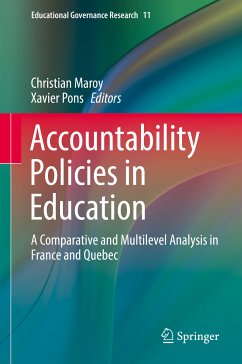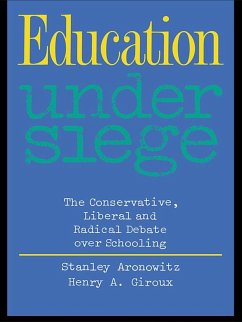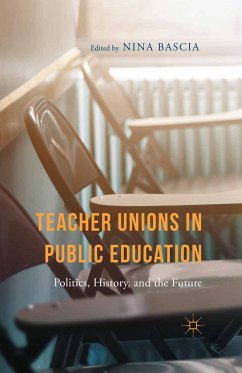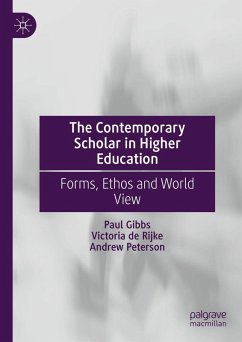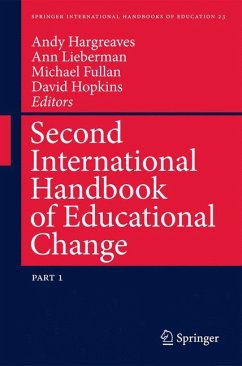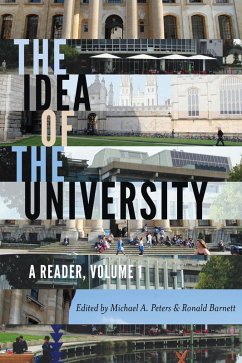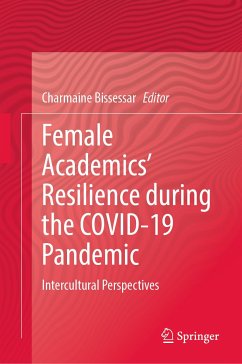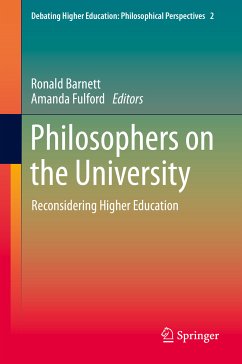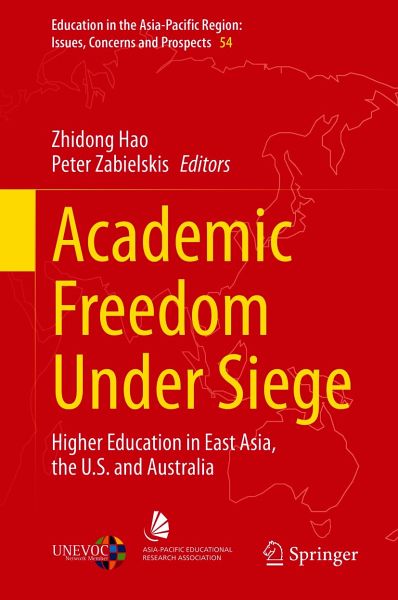
eBook, PDF
Academic Freedom Under Siege (eBook, PDF)
Higher Education in East Asia, the U.S. and Australia
Redaktion: Hao, Zhidong; Zabielskis, Peter

PAYBACK Punkte
36 °P sammeln!






Academic Freedom Under Siege (eBook, PDF)
Dieser Download kann aus rechtlichen Gründen nur mit Rechnungsadresse in A, B, BG, CY, CZ, D, DK, EW, E, FIN, F, GR, HR, H, IRL, I, LT, L, LR, M, NL, PL, P, R, S, SLO, SK ausgeliefert werden.
Zhidong Hao is Emeritus Professor of Sociology at the University of Macau. He obtained his PhD in sociology from the City University of New York in 1995 and taught at Whittier College the following year. In 2003, he went to the University of Macau after a year of Fulbright Scholarship research in Taiwan on national identity and the role of intellectuals. He was Program Coordinator of the China Studies Program, Chair of the Department of Sociology, and Director of the Social Science Research Center on Contemporary China in Macau. Prior to his PhD studies in New York he taught English at Hebei Teachers' University in northern China. He has extensive experience in higher education in both Chinese and U.S. contexts. Peter Zabielskis is Associate Professor of Anthropology at the University of Macau, where he teaches courses in cultural anthropology, theory, religion, the environment, and the anthropology of art. He previously taught at the Cooper Union for the Advancement of Science and Art, New York, and at New York University where he received his PhD. His research interests include material culture, art, architecture, religion, heritage and the urban built environment in Macau and Southeast Asia, especially Penang in Malaysia.
Produktdetails
- Verlag: Springer International Publishing
- Seitenzahl: 263
- Erscheinungstermin: 2. November 2020
- Englisch
- ISBN-13: 9783030491192
- Artikelnr.: 61351621
"This book is a valuable contribution to our understanding of the present threats to academic freedom in different systems. The authors convincingly demonstrate that many challenges arise from C&C; indeed, as discussed, here we can find many similarities among the different systems. Political factors, on the other hand, shed light on the distinctive features of the different systems. As shown in the case of China, the combination of authoritarianism and academic capitalism poses a particular threat to academic freedom." (Alexandra Kaiser, International Journal of Asian Studies, November 21, 2022)
Für dieses Produkt wurde noch keine Bewertung abgegeben. Wir würden uns sehr freuen, wenn du die erste Bewertung schreibst!
Eine Bewertung schreiben
Eine Bewertung schreiben
Andere Kunden interessierten sich für


